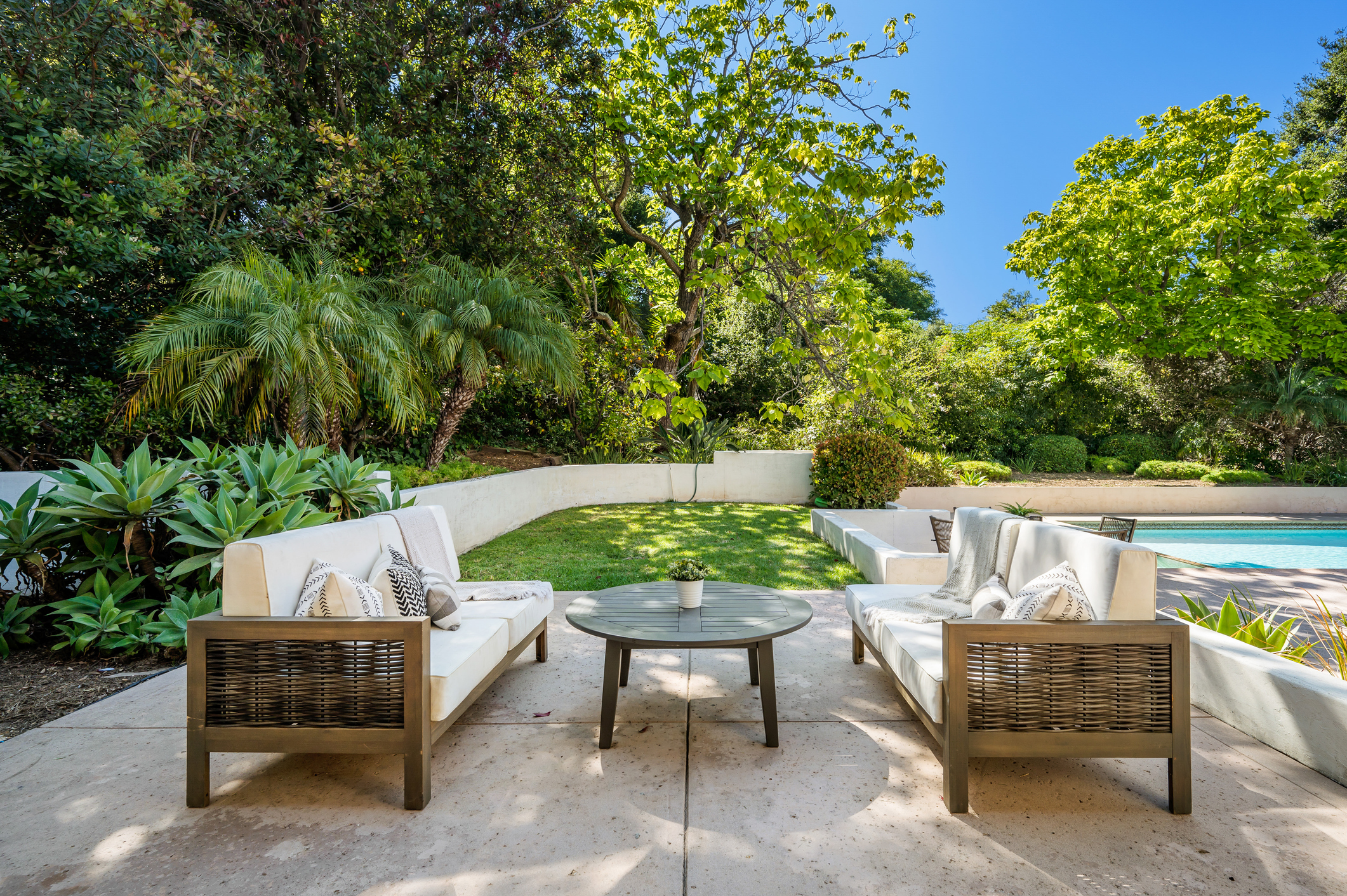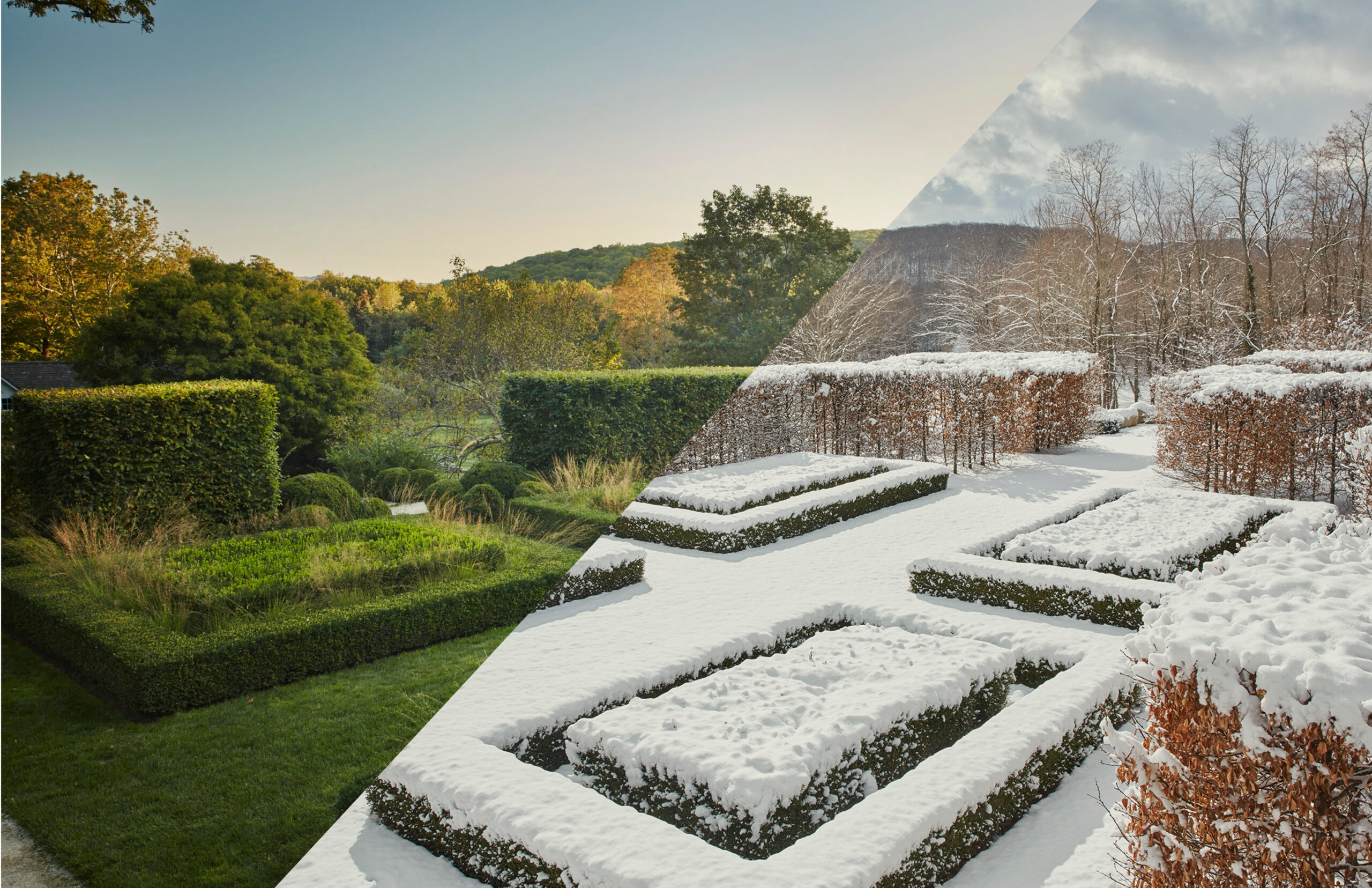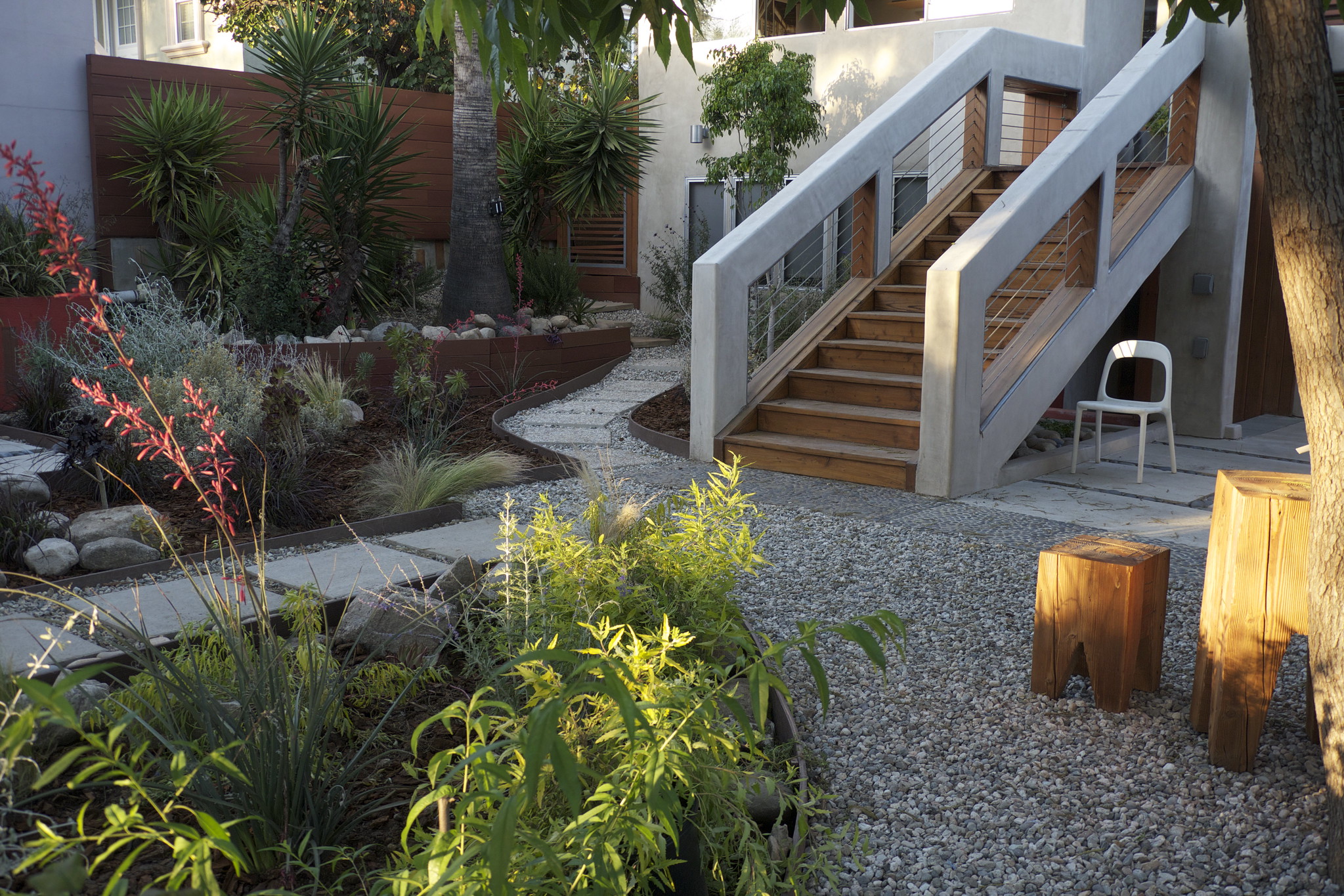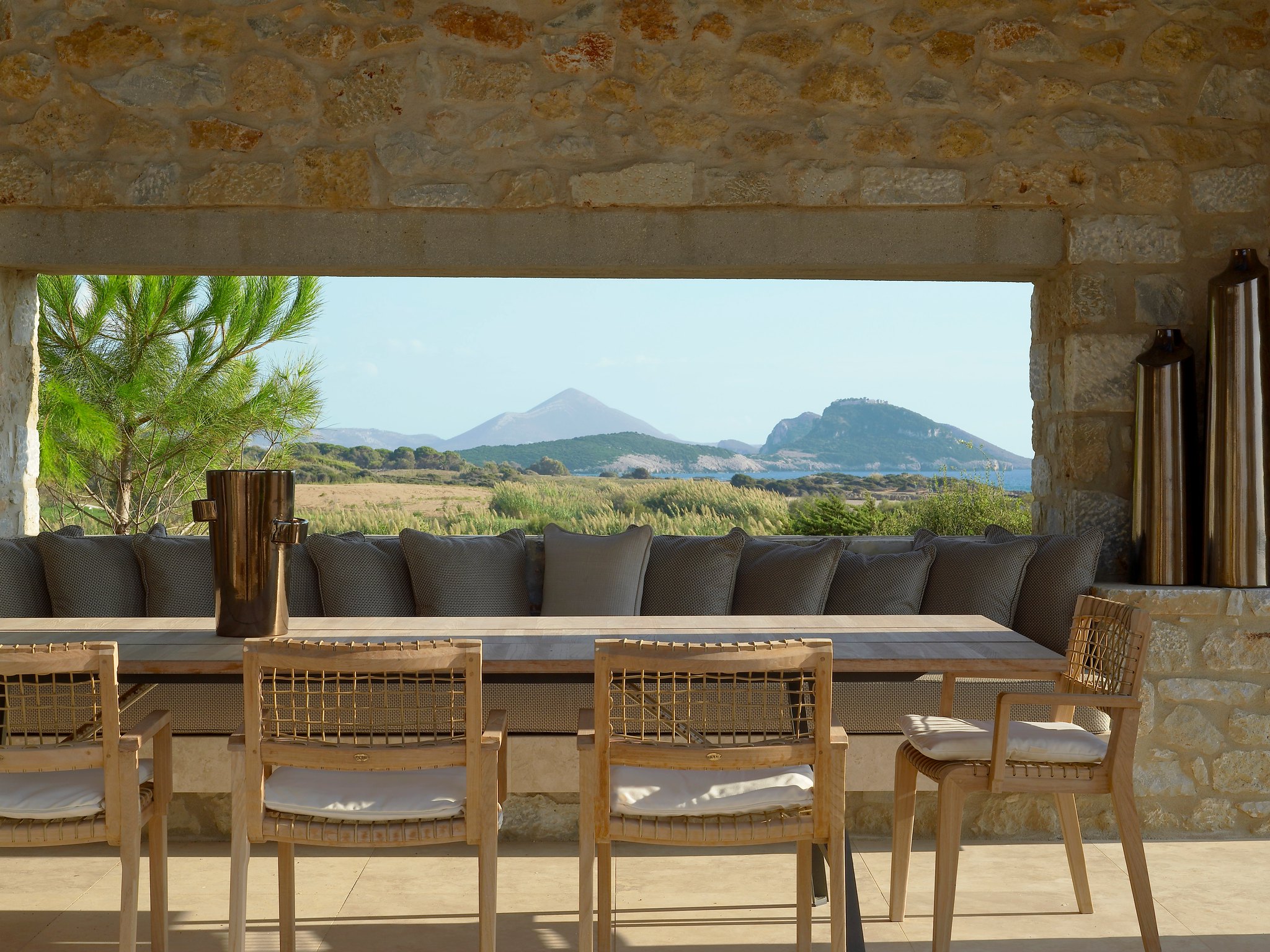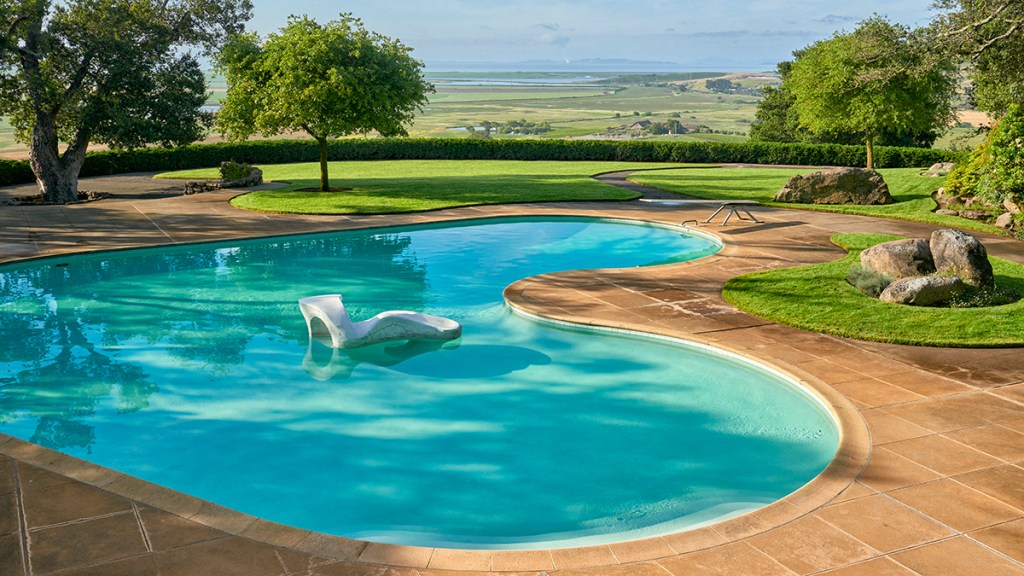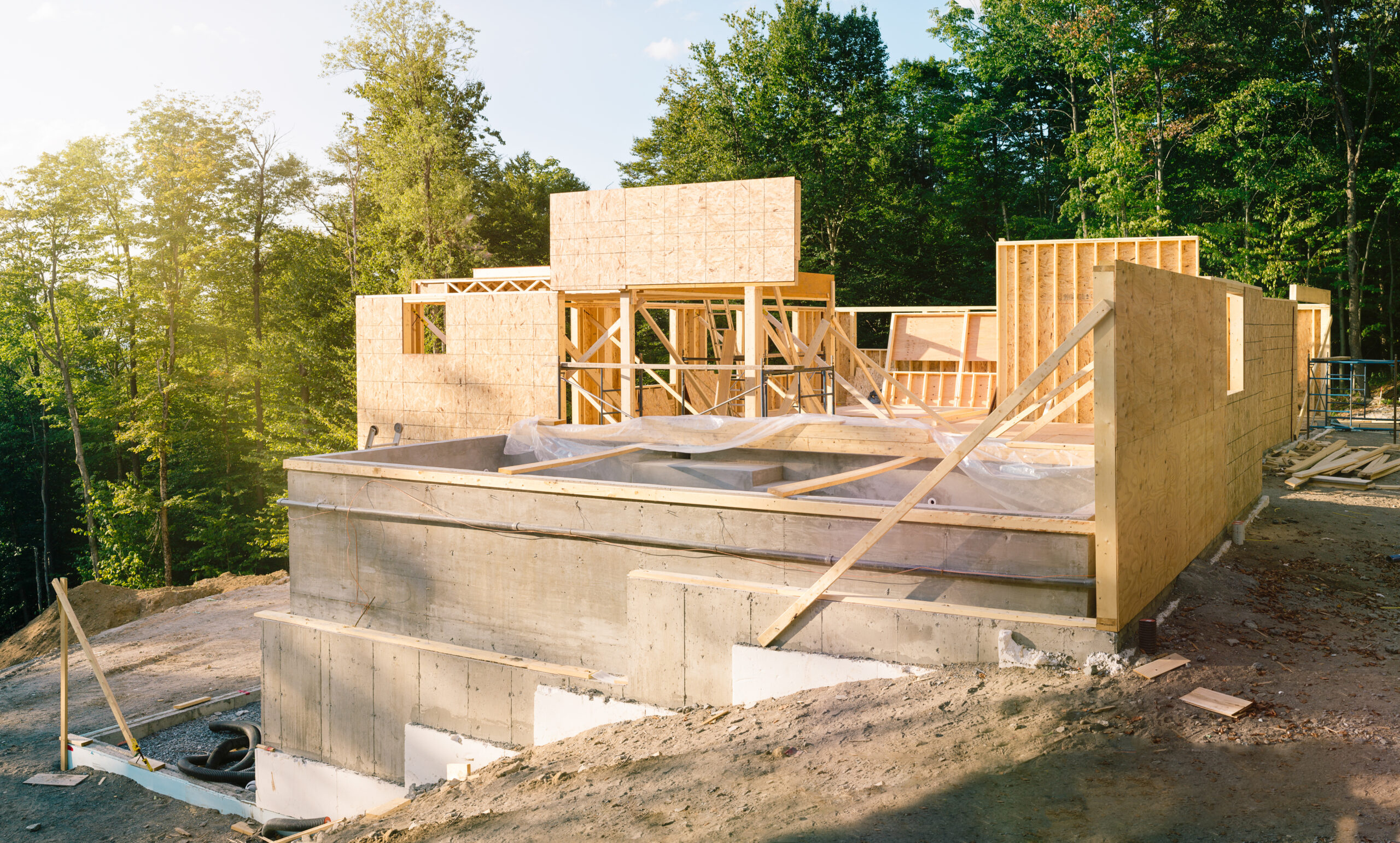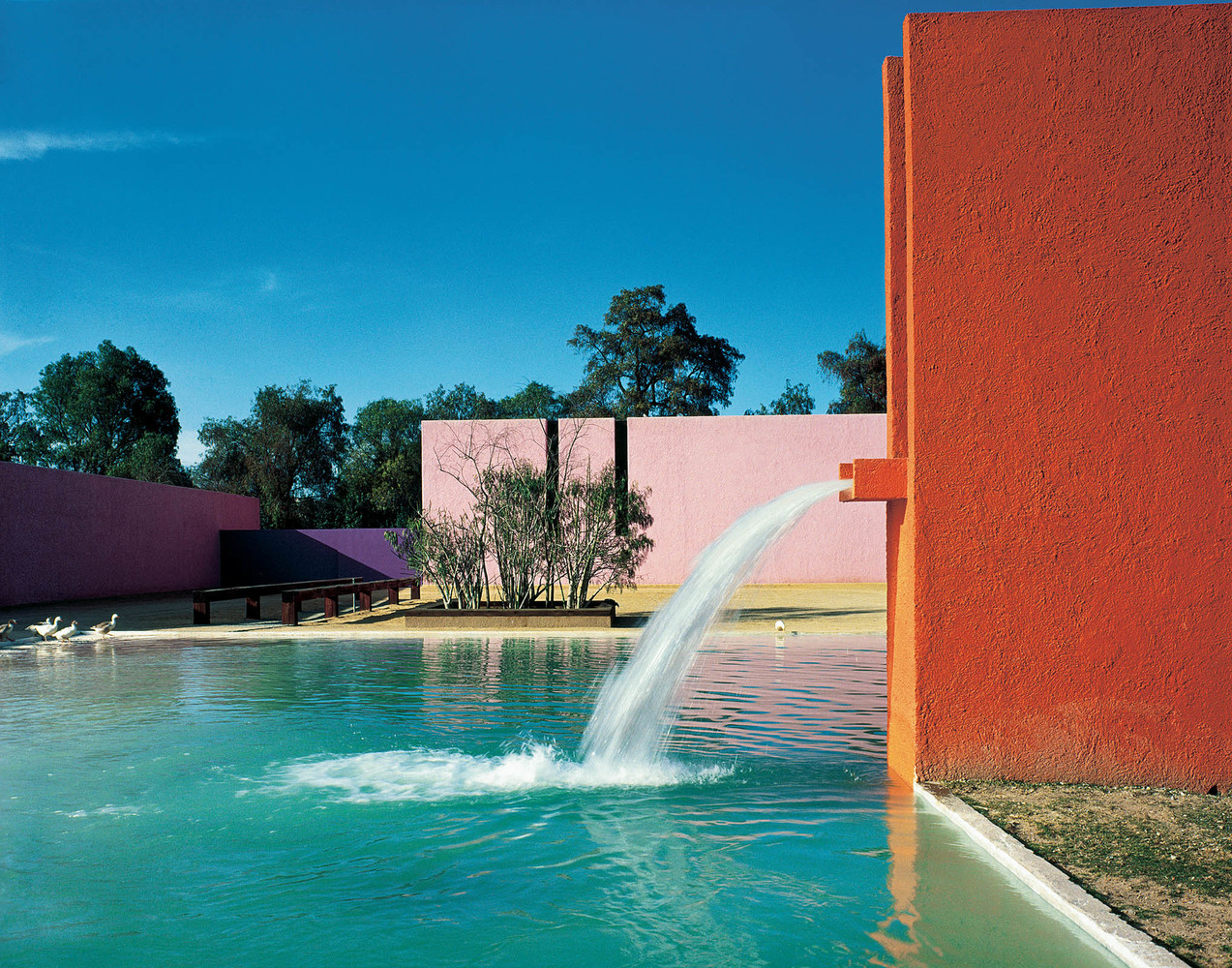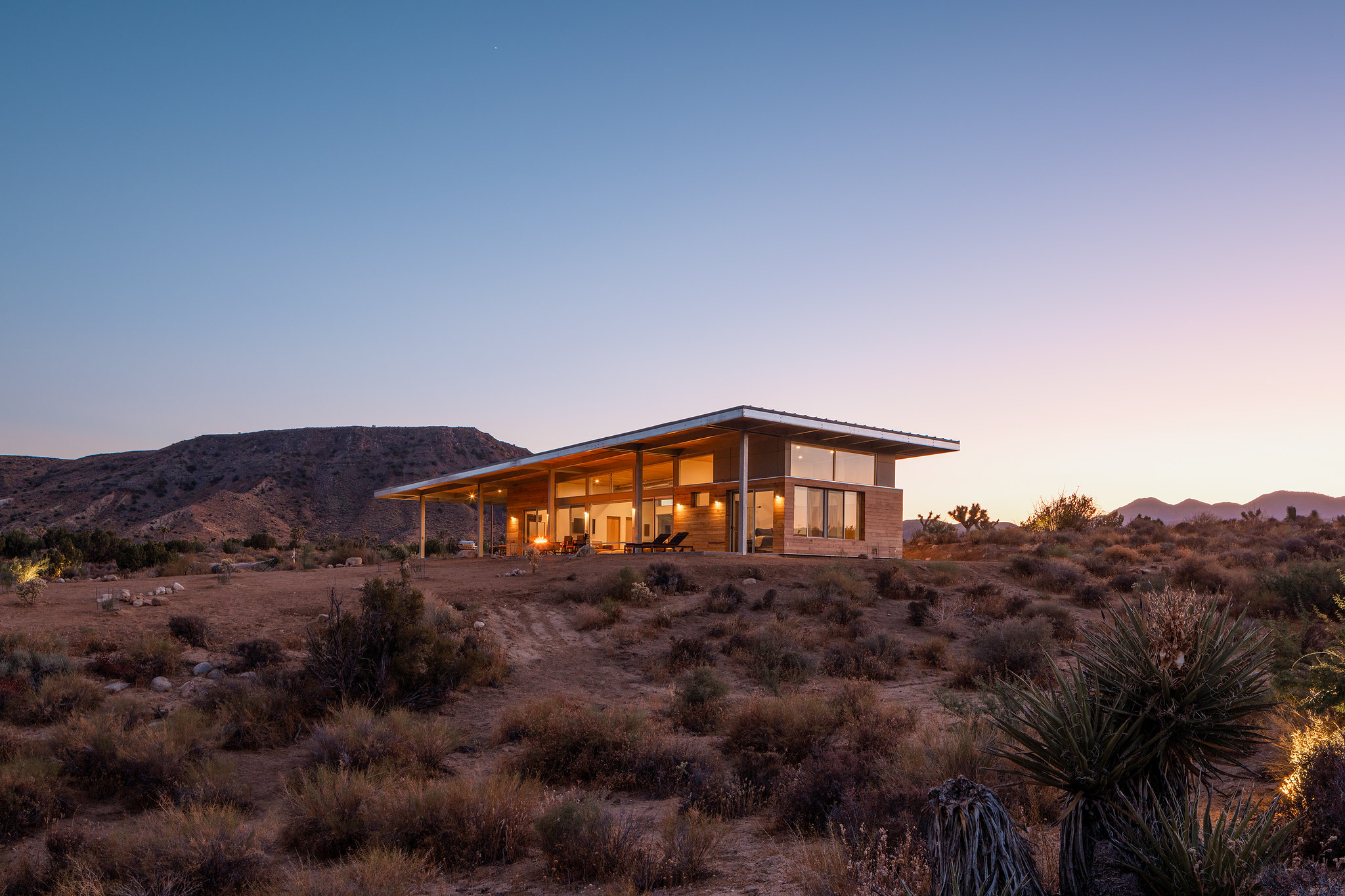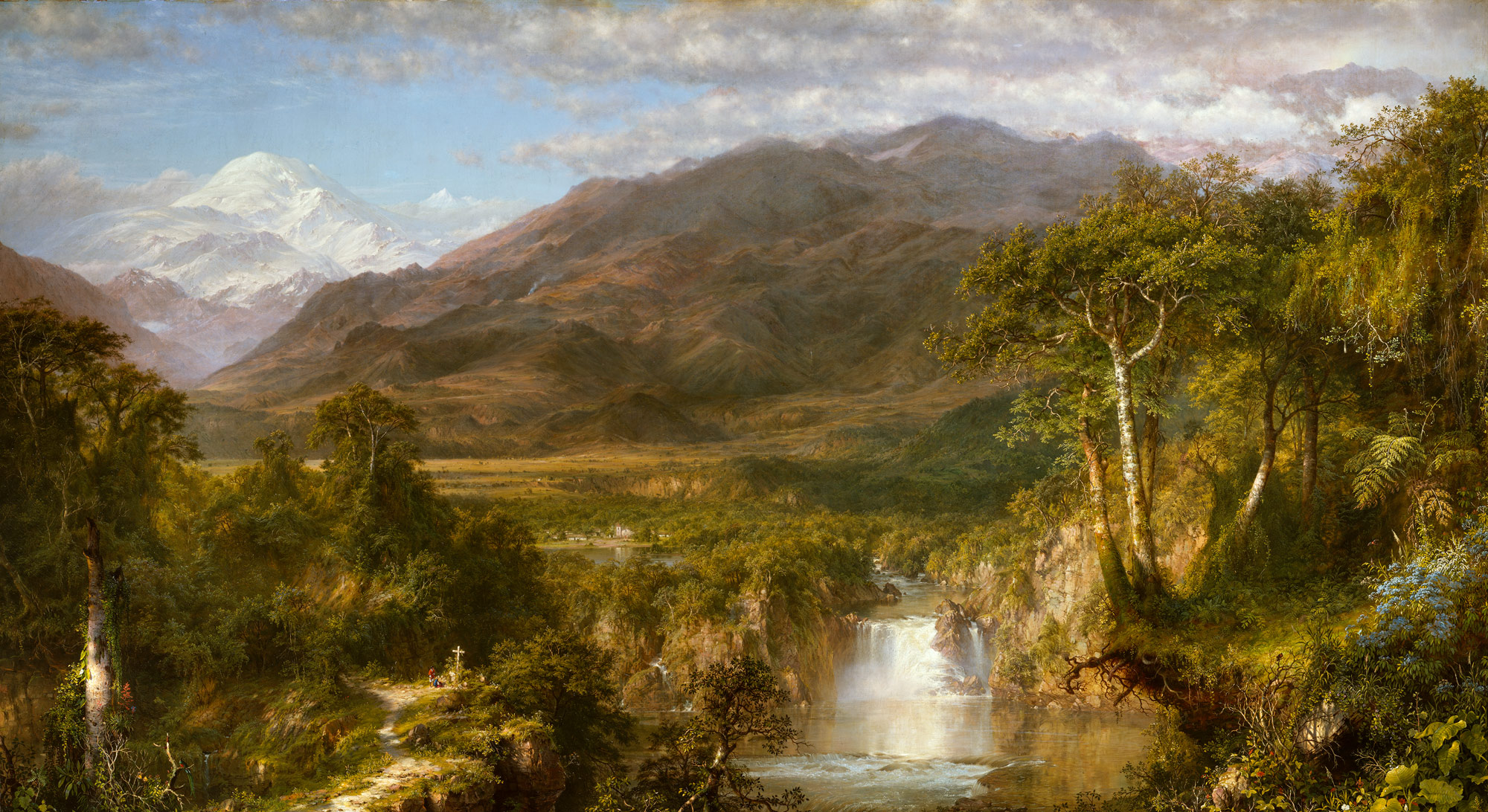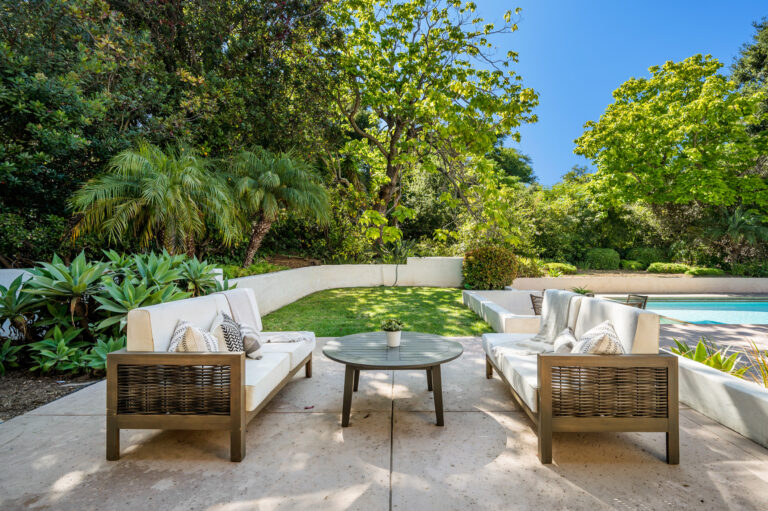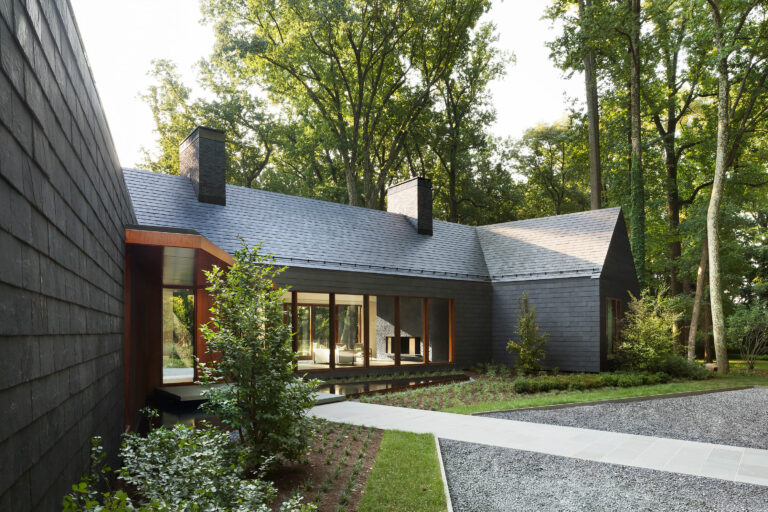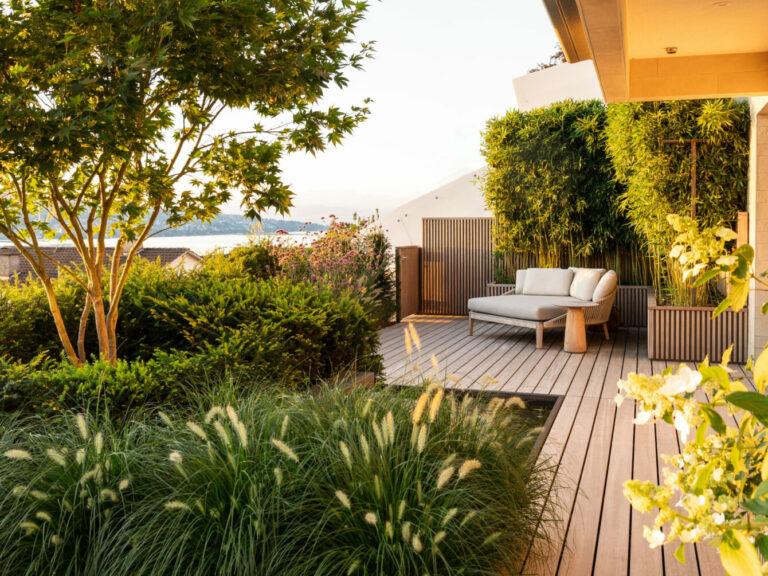In a world where privacy is becoming increasingly precious, finding solace within the confines of our own homes has become more important than ever.
Whether it’s enjoying a quiet cup of coffee on the patio or hosting a gathering with friends, having a secluded outdoor space can enhance our quality of life.
One of the most effective ways to achieve this privacy is by strategically planting shrubs in our gardens.
Not only do they provide a natural barrier, but they also add beauty, texture, and sometimes fragrance to our outdoor sanctuaries.
In this article, learn about some of the best shrubs for privacy, considering factors such as growth rate, density, and overall aesthetic appeal.
What is the Difference Between Deciduous and Evergreen Shrubs?
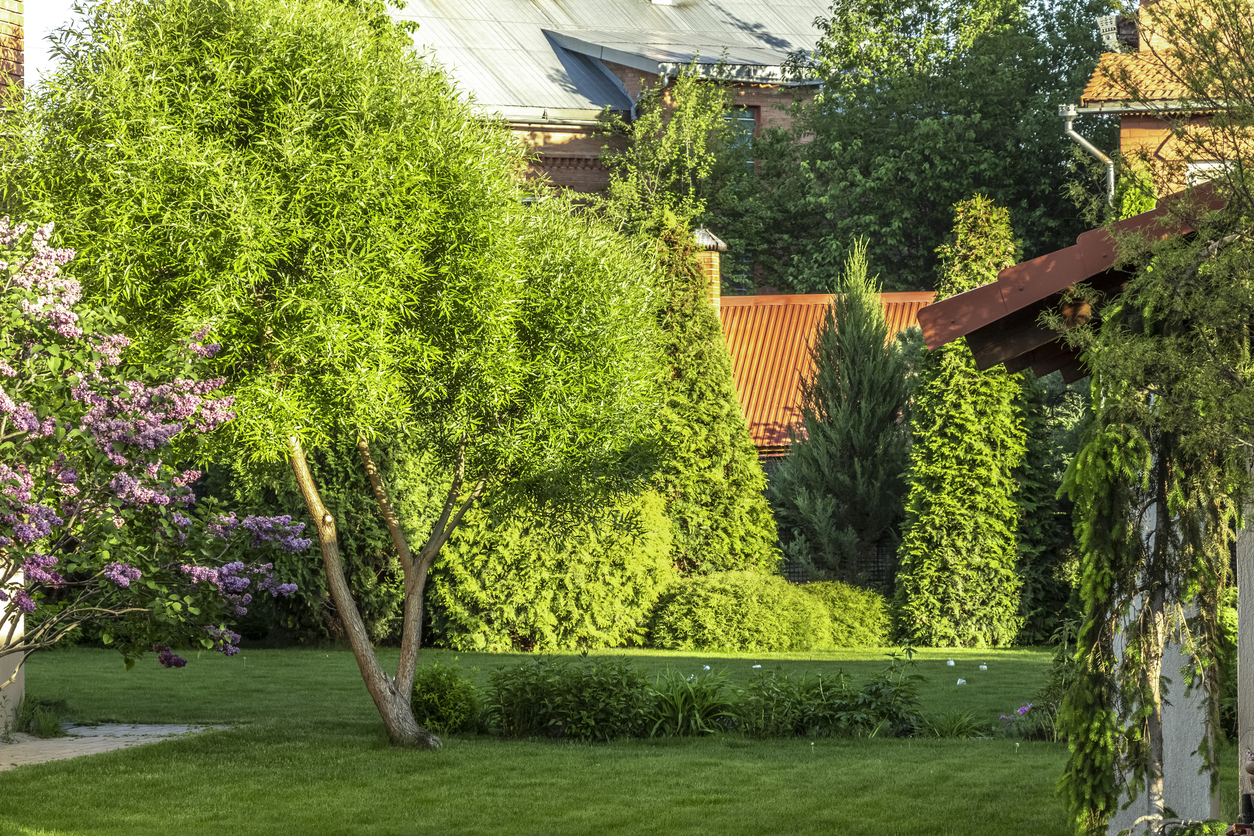
Evergreen trees and shrubs stay green throughout the year while deciduous plants shed their leaves seasonally. The plant kingdom has many different kinds of plants with diverse characteristics and they are categorized into groups based on their unique traits. Plants that fall in between deciduous and evergreen are known as semi-deciduous.
Deciduous trees have broader leaves, and as the weather gets colder and drier, they lose their leaves. When the leaves are no longer needed, they drop to the ground and form a natural mulch.
The tree’s foliage grows back in the spring. The new leaves are usually smaller than the old ones so that the plant can still make enough food with fewer leaves. This is why these trees are often used to provide privacy in gardens and backyards.
Evergreen trees are plant species that keep their foliage on branch structures, which can be crucial if you live in a climate with 4 seasons.
The most important difference between deciduous and evergreen is that the former sheds their leaves seasonally while the latter doesn’t. This also means that evergreen trees need more nutrients to maintain their foliage while deciduous trees require fewer nutrients for the same purpose.
Why Are Evergreen Shrubs Best for Privacy
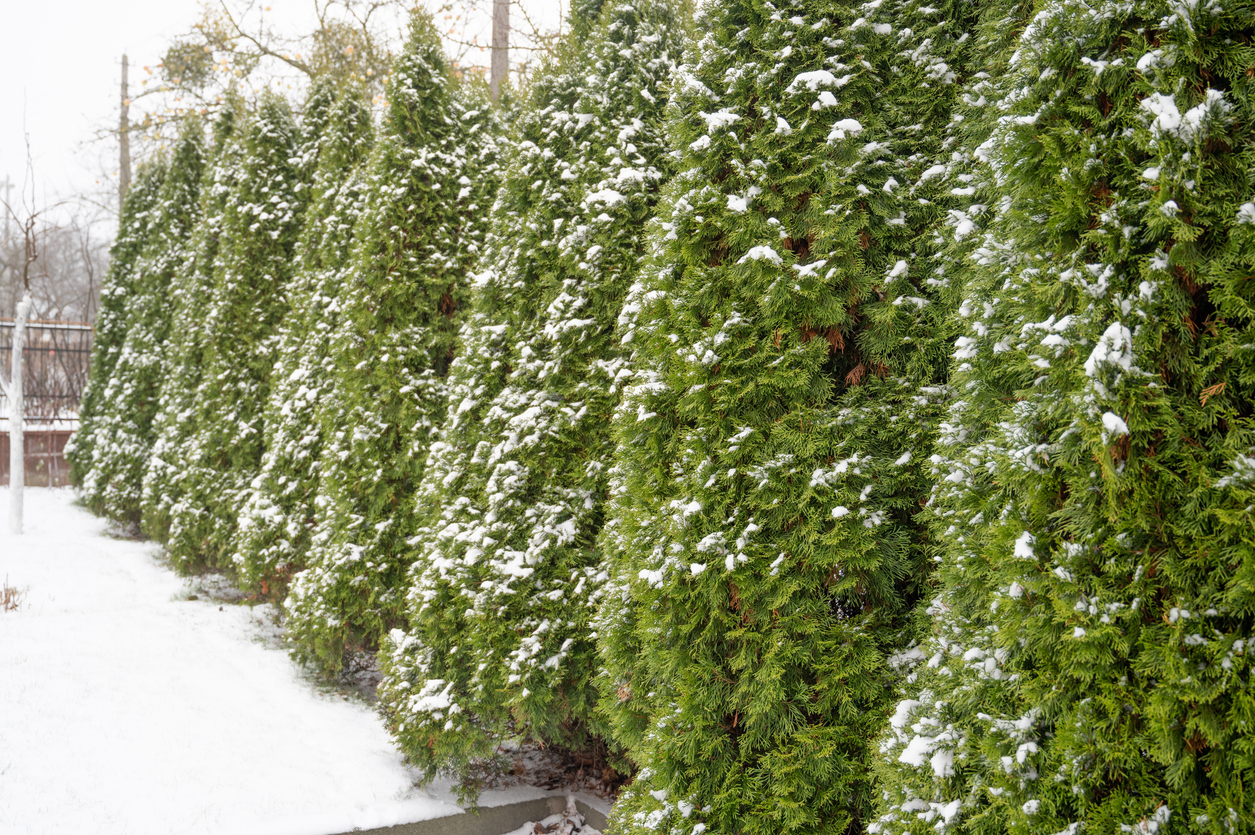
Evergreen shrubs are one of the best types of plants to create privacy in your yard. They can be planted in a straight line to quickly block your view of the neighbors, or they can be trimmed into a variety of shapes that add texture and more appeal to your landscape design. The key to achieving attractive evergreen privacy screens is to properly plant and care for them, which will help them stay healthy and maintain their appearance.
Many different types of evergreens can be used to create privacy screens, and it’s important to find the right ones for your needs. For example, if you have young children or pets, you might want to avoid planting yew shrubs (Cedrus hebecarpa) because they are toxic if eaten.
If you’re looking for a fast-growing shrub that adds two feet of height each year, choose Leyland cypress (Cupressus x leylandii). This warm-climate evergreen can also be grown in a straight line and can be pruned as a hedge to achieve your desired look.
If you prefer a natural-looking privacy screen, try planting a mix of evergreens and deciduous trees. This way, you can benefit from the quick growth of the evergreens and the slow-growing foliage of the deciduous trees, and it will create a more appealing result with varied colors and textures.
When designing a privacy screen, be sure to keep the plants adequately spaced. Overcrowded plants will compete for water and nutrients, leading to poor health and a decline over time. Also, be sure to remove any mulch that encircles the roots of the plants so they can get the sun and air they need to thrive. This will keep them healthy and strong for years to come.
Click here to read “Ways to Add Winter Interest to a Landscape”
What Are the Best Shrubs Best for Privacy
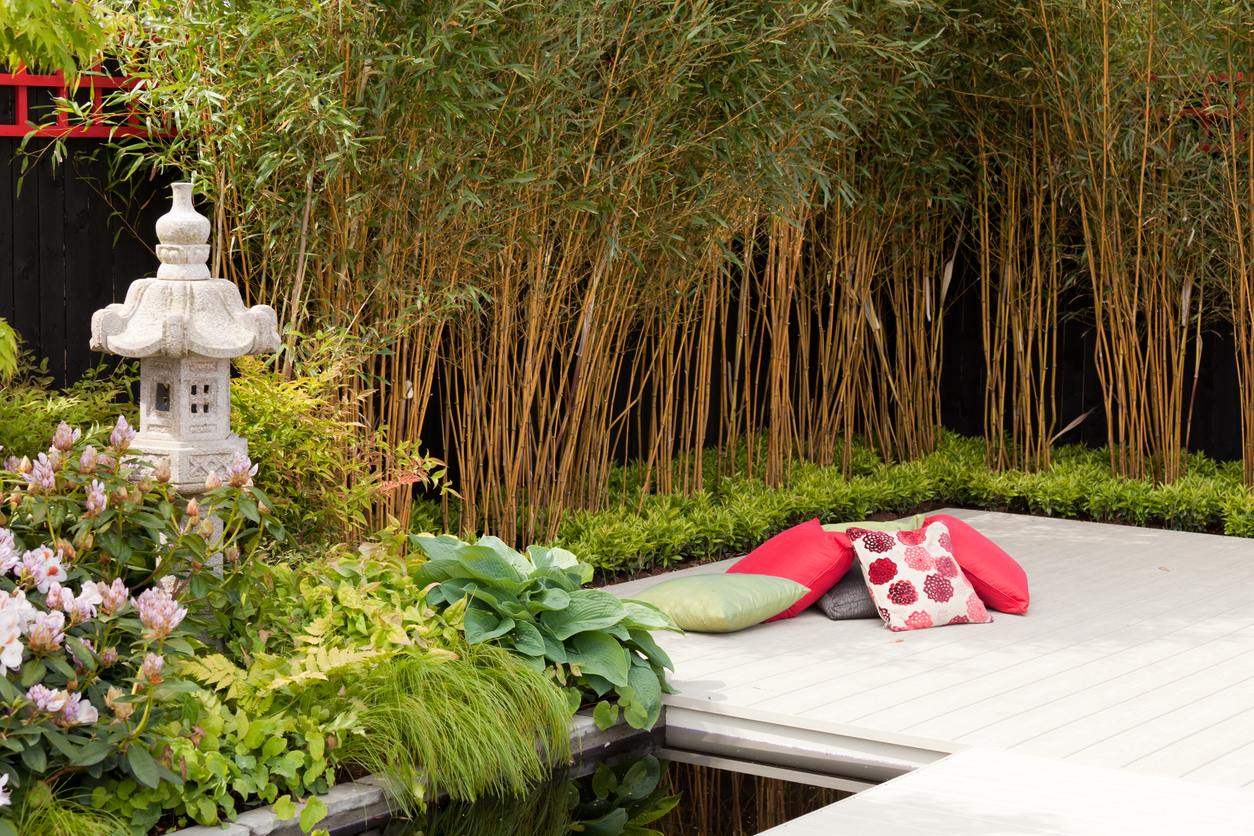
Arborvitae (Thuja occidentalis)
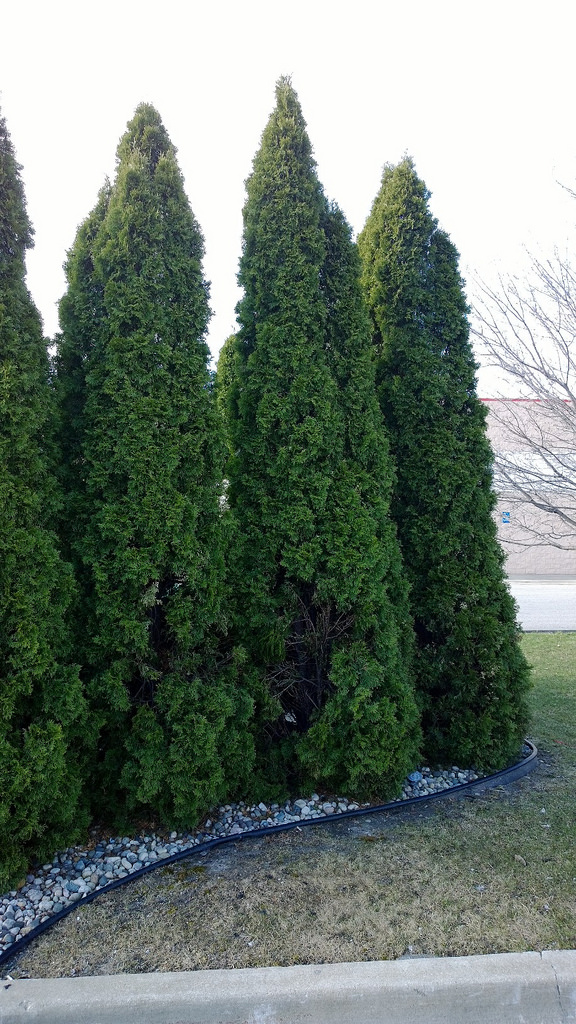
Arborvitae (Thuja occidentalis):
Arborvitae, also known as Thuja, is prized for its elegant, columnar shape and vibrant green foliage. With its dense branching pattern, Arborvitae provides excellent year-round privacy. It’s adaptable to various soil types and requires minimal pruning, making it a favorite among homeowners seeking a fuss-free privacy solution.
- Type: Evergreen
- Zone: 2 to 7
- Height: 20 to 40 feet
- Spread: 10 to 15 feet
Privet (Ligustrum spp.)
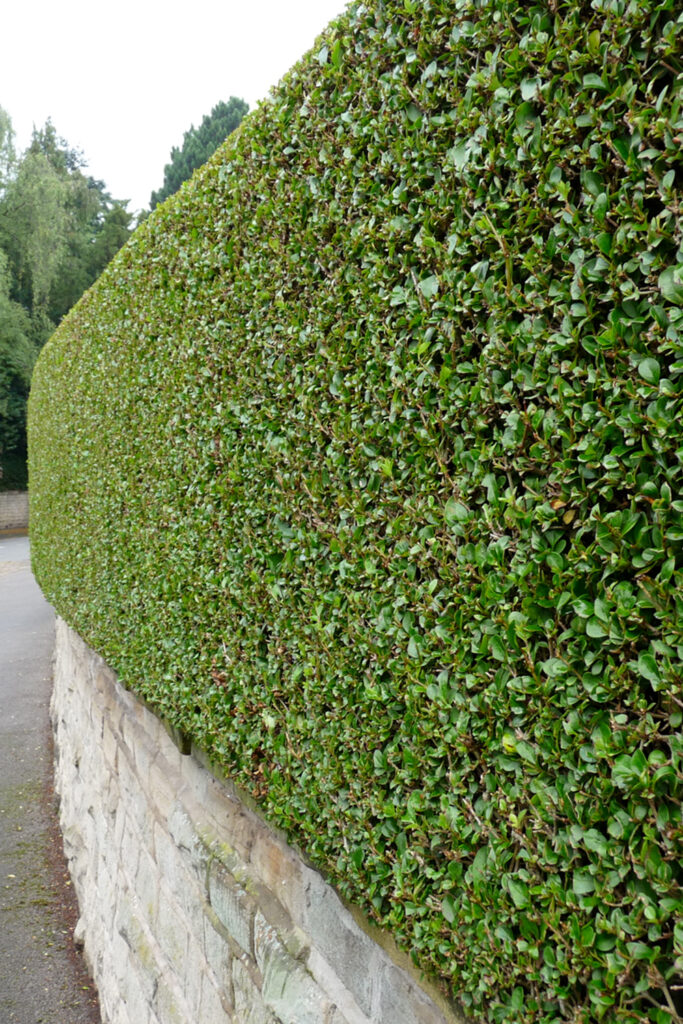
Privet (Ligustrum spp.):
Privet is a versatile shrub that offers both privacy and ornamental value. Its dense foliage and fast growth rate make it well-suited for hedging and screening purposes. Privet is available in several varieties, including the popular Japanese Privet (Ligustrum japonicum), which features glossy, dark green leaves and fragrant white flowers.
- Type: Deciduous
- Zone: 3 to 7
- Height: 10 to 12 feet
- Spread: 12 to 15 feet
American Holly (Ilex opaca)
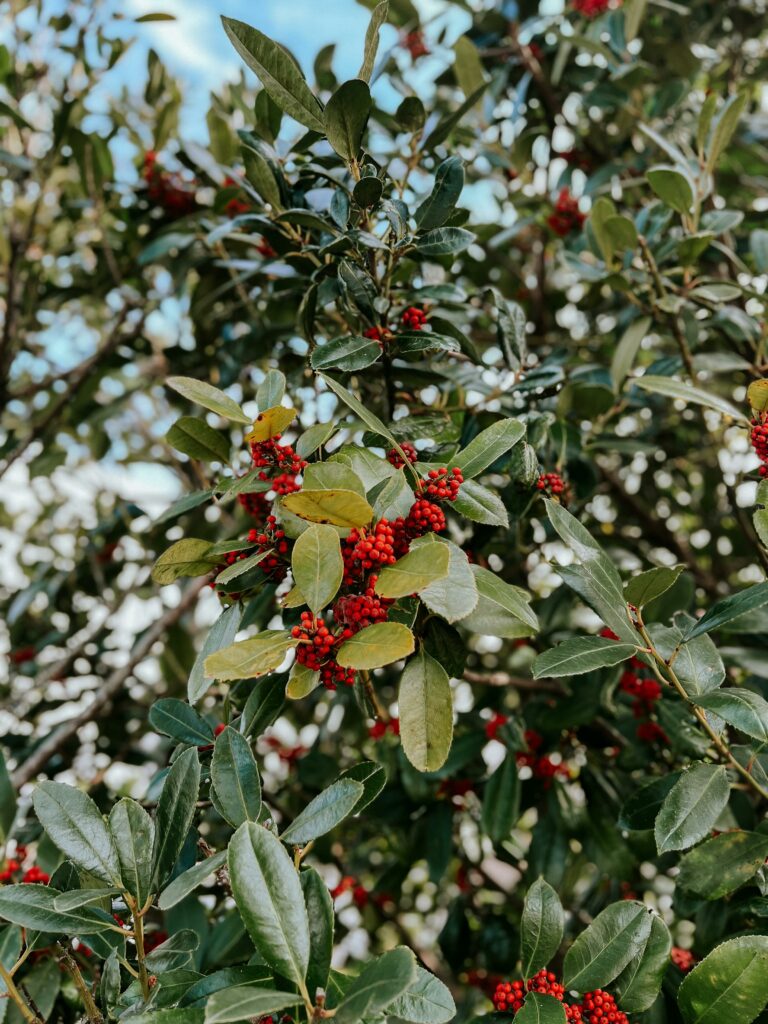
American Holly (Ilex opaca):
American Holly is cherished for its glossy, dark green foliage and bright red berries, which add festive flair to the winter landscape. Beyond its decorative appeal, this evergreen shrub serves as an effective privacy barrier, thanks to its dense growth habit. American Holly thrives in partial to full sun and moist, well-drained soil.
- Type: Evergreen
- Zone: 5 to 7
- Height: 15 to 30 feet
- Spread: 10 to 20 feet
Boxwood (Buxus spp.)
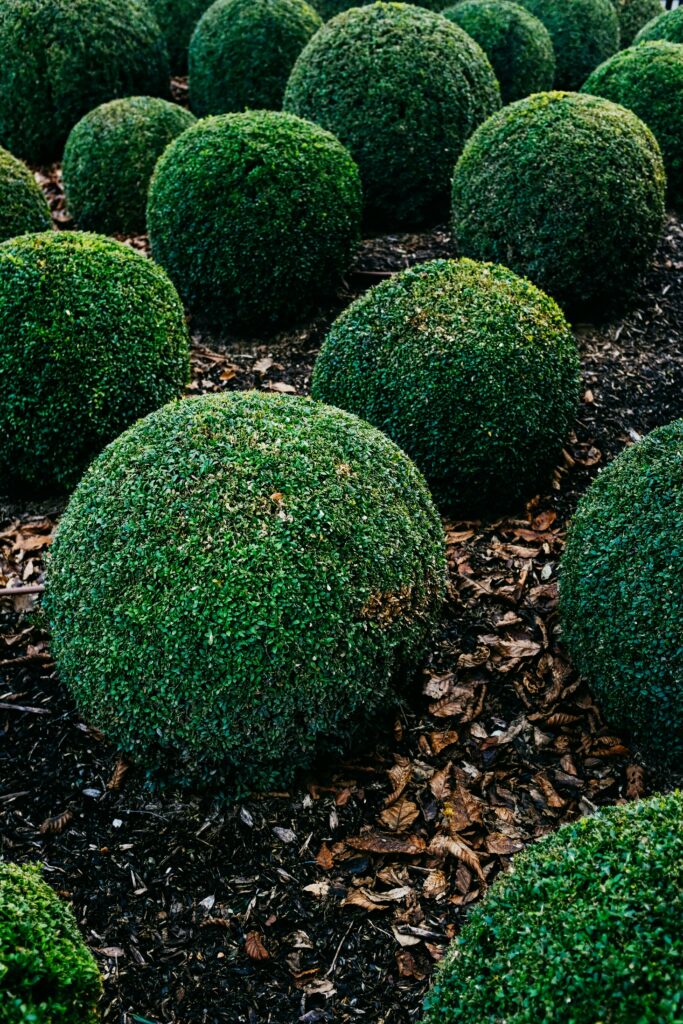
Boxwood (Buxus spp.):
Boxwood is a classic choice for formal gardens and hedging purposes. Its dense, evergreen foliage and compact growth habit make it an excellent option for creating privacy borders or defining outdoor spaces. Boxwood thrives in partial shade to full sun and adapts well to regular pruning.
- Type: Evergreen
- Zone: 5 to 9
- Height: 3 to 5 feet
- Spread: 2 to 3 feet
Bamboo (Fargesia robusta)
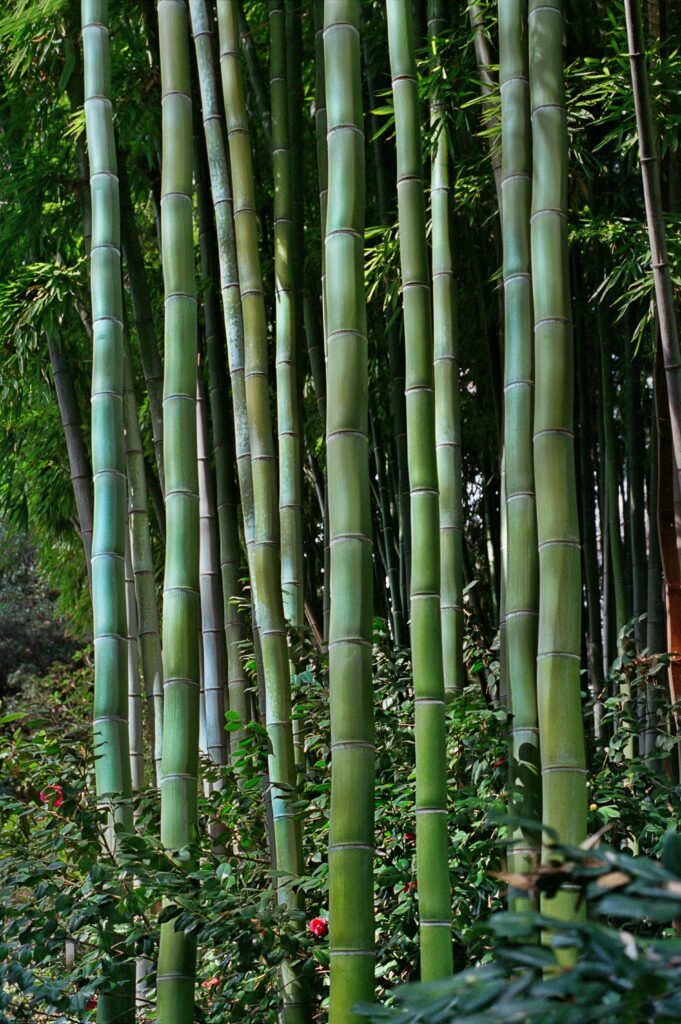
Bamboo (Fargesia robusta):
Bamboo offers a unique blend of privacy and exotic charm. With its tall, slender culms and lush foliage, bamboo creates a striking visual barrier that can screen out neighbors or unsightly views. It’s important to choose clumping varieties of bamboo to prevent invasive spread, and to provide adequate containment to control growth.
- Type: Evergreen
- Zone: 7 to 9
- Height: 12 to 15 feet
- Spread: 6 to 12 inches / stalk
Skip Laurel (Prunus laurocerasus)
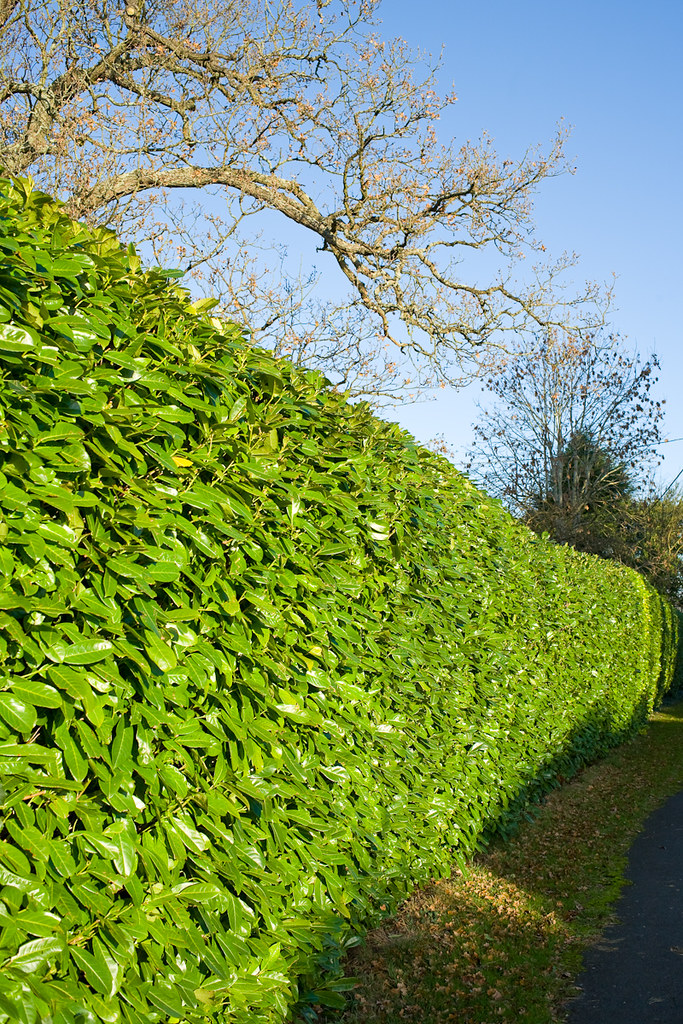
Skip Laurel (Prunus laurocerasus):
Skip Laurel, also known as Cherry Laurel, is prized for its glossy, dark green leaves and fragrant white flowers. This evergreen shrub forms a dense, bushy canopy that provides year-round privacy and shelter for wildlife. Skip Laurel is adaptable to various soil types and thrives in full sun to partial shade.
- Type: Evergreen
- Zone: 6 to 8
- Height: 10 to 18 feet
- Spread: 20 to 25 feet
Indian Laurel (Ficus microcarpa)
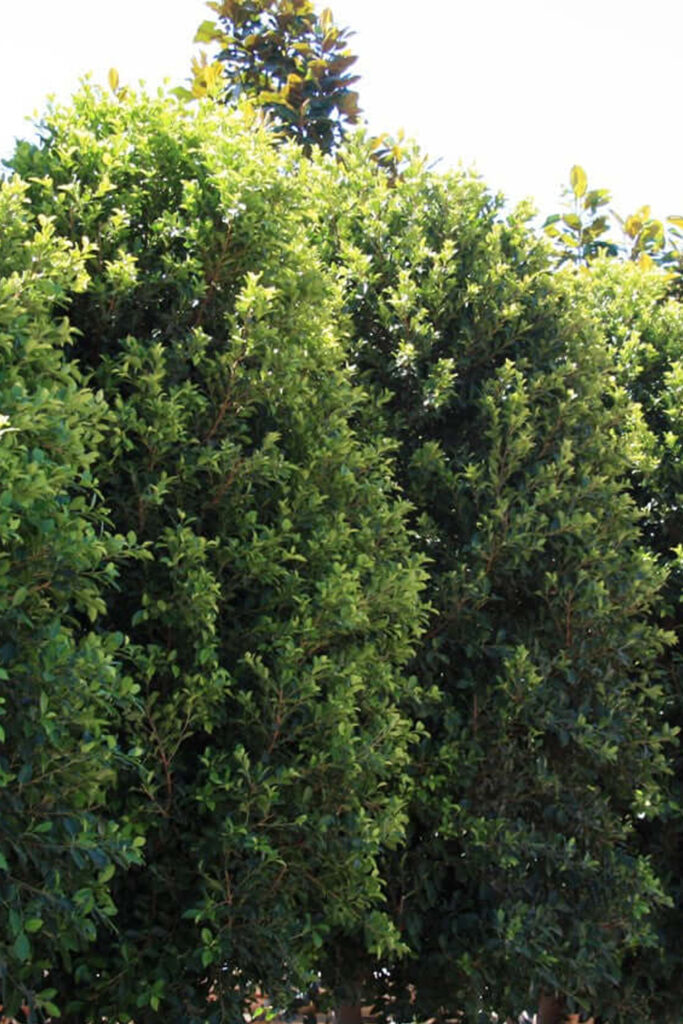
Indian Laurel (Ficus microcarpa):
One of the notable features of Indian Laurel is its aerial roots, which can develop from branches and descend towards the ground, eventually forming additional trunks. Due to its dense canopy and ability to tolerate pruning, Indian Laurel is often used as a privacy screen or hedge to create barriers between properties or block unwanted views. When planted closely together, the trees form a solid green wall that provides privacy and seclusion.
- Type: Evergreen
- Zone: 8 to 10
- Height: 10 to 30 feet
- Spread: 3 to 5 feet
SHOP LANDSCAPE ARCHITECTURE BOOKS
What are Other Alternatives Instead of Shrubs to Create Privacy
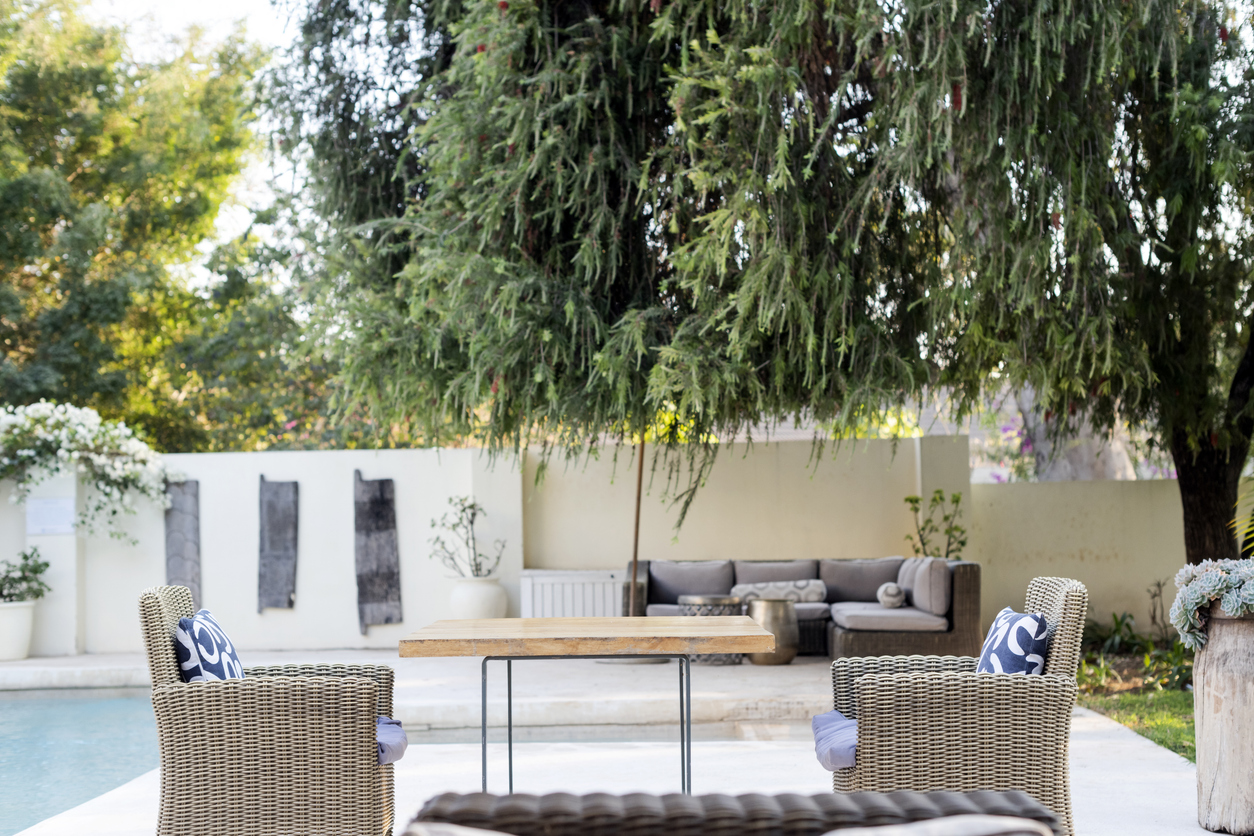
Wood fences and stone walls made of brick, natural stone, or stucco are alternative methods for privacy shrubs, which add a unique and classic touch to your outdoor space. These types of alternatives keep nosy neighbors from peeking into your private space and are an effective way to define an outdoor dining area, lounging spot or pool.
When it comes to creating privacy in your garden, choosing the right shrubs or privacy walls can make all the difference.
Whether you prefer the dense foliage of evergreens like Emerald Green Arborvitae and Nellie Stevens Holly or the seasonal blooms of Forsythia and Rose of Sharon, there’s a perfect shrub to suit your needs.
By carefully selecting and strategically planting these green guardians, you can transform your outdoor space into a secluded oasis where you can relax, unwind, and enjoy the beauty of nature in peace.
